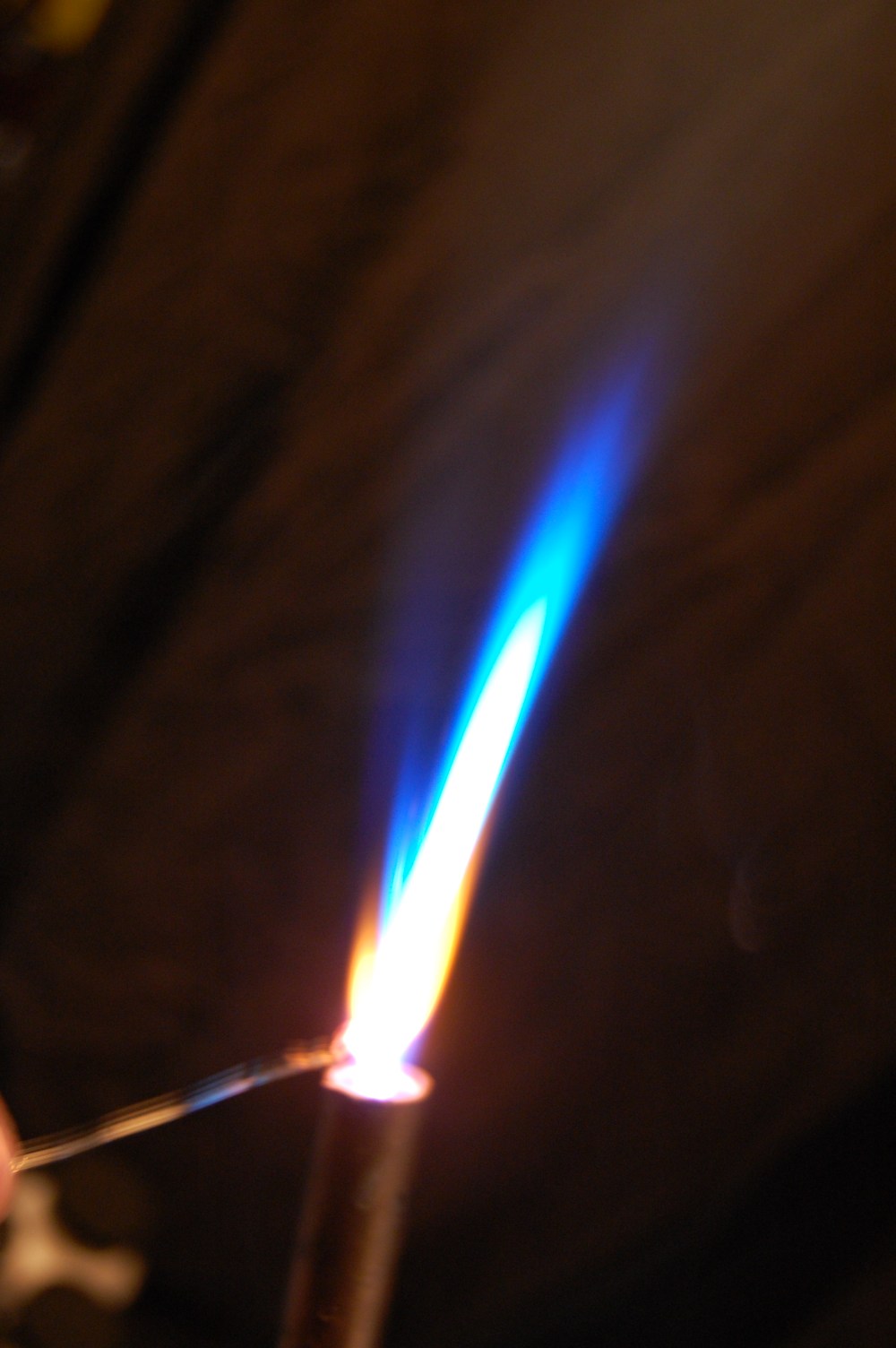
Lithium - Wikipedia, the free encyclopediaThis article is about the chemical element. For other uses, see Lithium (disambiguation).. It is a soft alkali metal with a silver-white colour. Under standard conditions, it is the lightest metal and the least dense solid element. Like all alkali metals, lithium is highly reactive, corroding quickly in moist air to form a black tarnish. For this reason, lithium metal is typically stored under the cover of oil. makes some lithium salts useful as a class of mood stabilizing drugs. Lithium and its compounds have several other commercial applications, including heat-resistant glass and ceramics, high strength-to-weight alloys used in aircraft, and lithium batteries. Lithium also has important links to nuclear physics: the splitting of lithium atoms was the first man-made form of a nuclear reaction, and lithium deuteride serves as the fusion fuel in staged thermonuclear weapons.The stable isotopes lithium-6 and lithium-7 were created in the Big Bang, but the amounts are unclear. There is general agreement that they were larger than the cosmos contains today. Because of the method by which elements are built up by fusion in stars, there is a general trend in the cosmos that the lighter elements are more common. However, lithium (element number 3) is tied with krypton as the 32nd/33rd most abundant element in the cosmos (see Cosmochemical Periodic Table of the Elements in the Solar System), being less common than any element before scandium (element 21). It is not until atomic number 36 (krypton) and beyond, that chemical elements are found to be universally less common in the cosmos than lithium. The reasons have to do with the failure of any good mechanisms to synthesize lithium in the fusion reactions between nuclides in supernovae.
